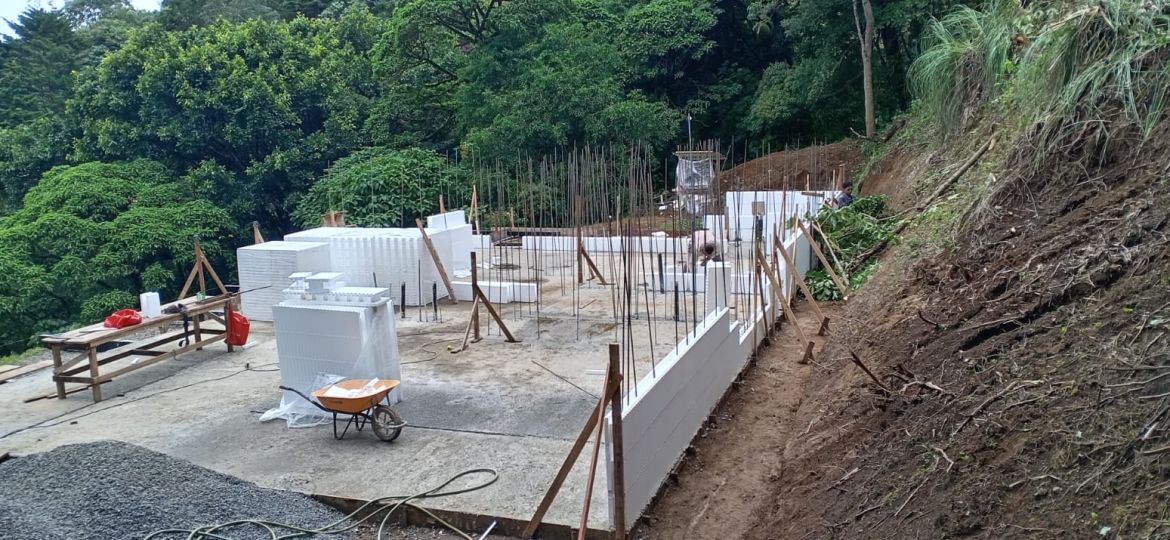
In today’s world, energy efficiency is more than a luxury — it’s a necessity. From rising utility costs to growing environmental concerns, building owners and developers are prioritizing sustainable construction methods that reduce energy consumption and promote long-term savings. One solution leading this shift is the Insulated Concrete Form (ICF) building system.
What Is ICF and Why Is It Energy-Efficient?
ICF is a construction method that uses hollow foam blocks filled with reinforced concrete. These blocks stay in place as permanent insulation for walls, floors, and even pools. The system creates a solid, airtight structure with high thermal resistance, minimizing heat loss and reducing the need for mechanical heating and cooling.
Top Energy-Saving Benefits of ICF Construction
- Superior Insulation Performance
ICF walls offer continuous insulation with no thermal bridges. This results in stable indoor temperatures year-round, regardless of exterior conditions. - Lower HVAC Requirements
Because ICF buildings retain heat in the winter and stay cool in the summer, they require smaller HVAC systems, which consume less energy and reduce operational costs. - Air-Tight Construction
ICF blocks significantly reduce air infiltration compared to traditional wood-frame construction. Less air leakage means less energy wasted. - Thermal Mass Effect
The combination of concrete and insulating foam slows the rate of temperature change inside the building. This “thermal flywheel” effect creates a more comfortable environment with less energy usage. - Reduced Utility Bills for Decades
With energy costs on the rise, homeowners and developers appreciate the consistent utility savings provided by ICF systems over the life of the building.
Ideal for Sustainable Certifications
The energy performance of ICF buildings makes them ideal candidates for sustainable building standards such as LEED, Passive House, and Living Building Challenge. Choosing ICF contributes points for energy efficiency and can help projects achieve higher certification levels.
Conclusion
ICF systems are a smart investment for anyone looking to reduce energy consumption, minimize environmental impact, and future-proof their properties. Whether you’re building a home, a commercial space, or a luxury development, ICF offers a powerful combination of comfort, performance, and sustainability.
Ready to build smarter? Explore how ICF can power your next energy-efficient project.
